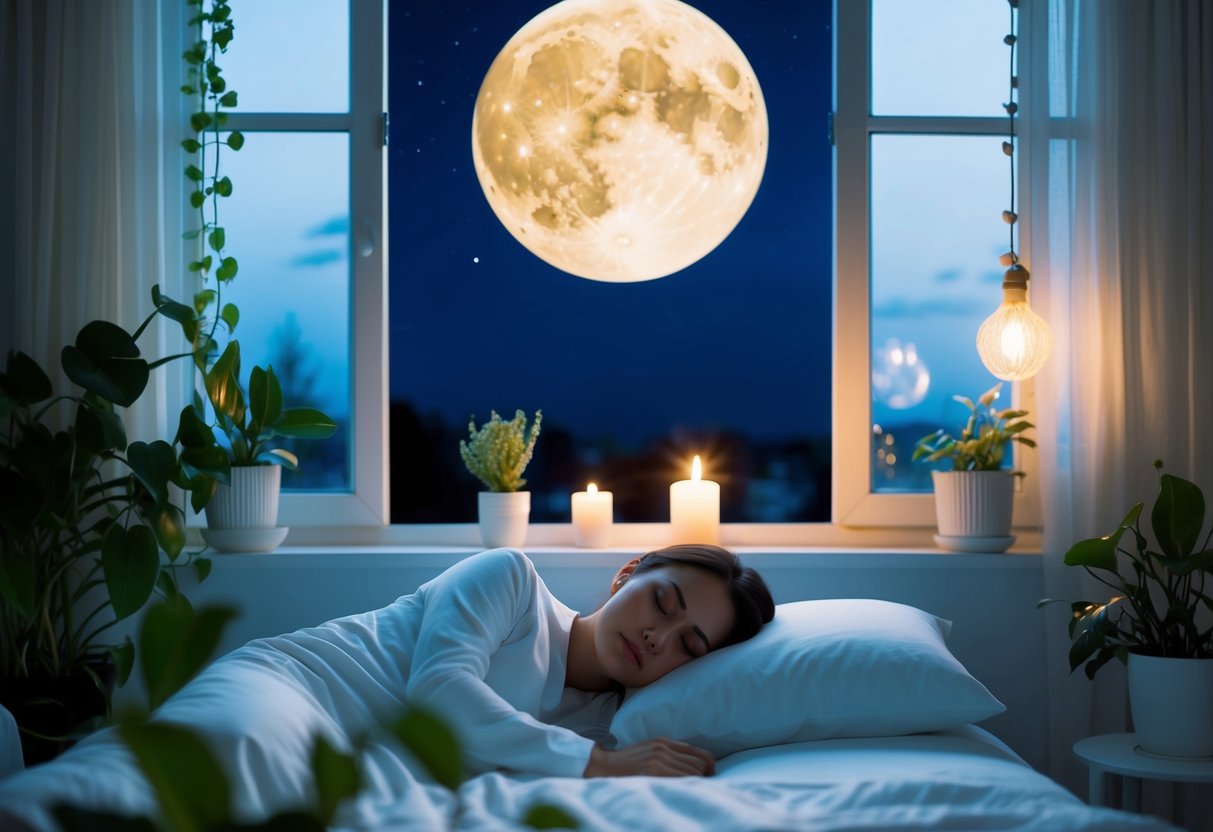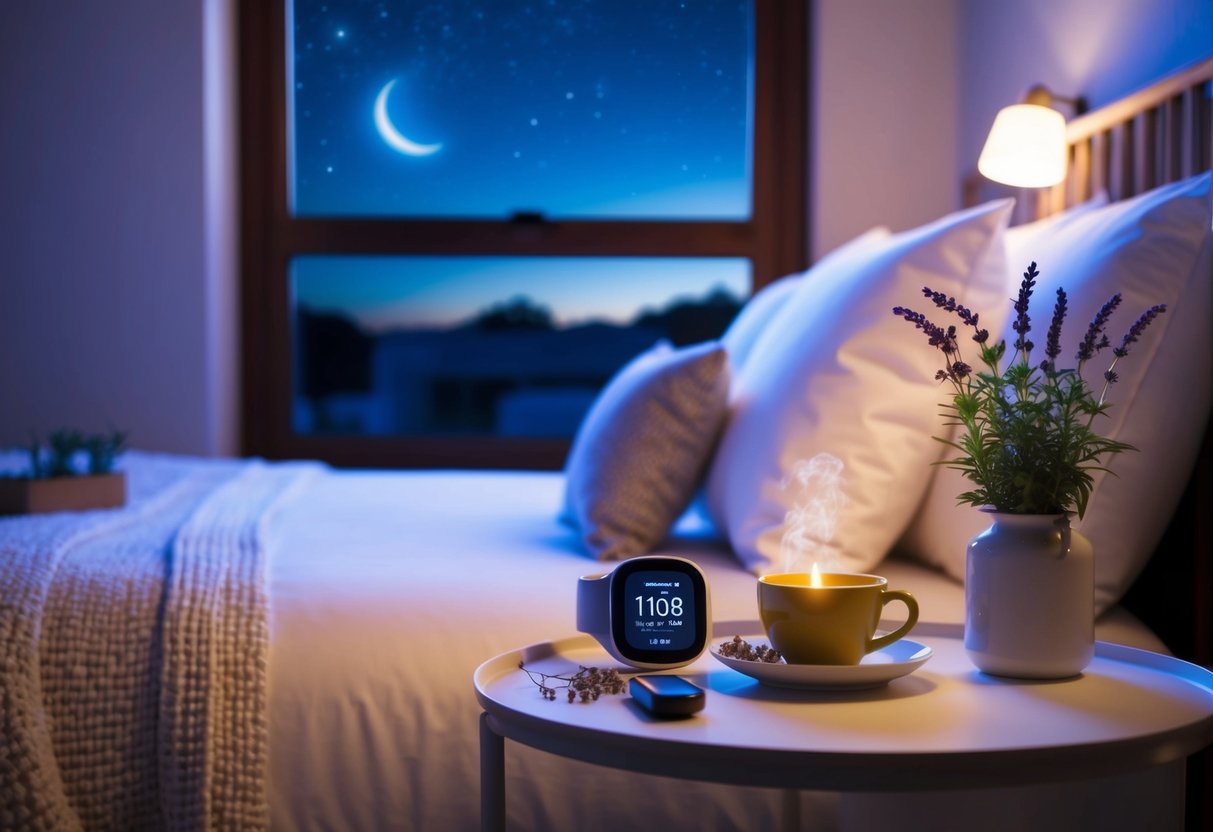DIY Sleep Tracking: Monitor and Improve Your Rest Naturally
In an era where wellness and health are paramount, the quest for better sleep is more relevant than ever. Armed with the right tools and knowledge, individuals can take charge of their sleep health through DIY sleep tracking. Tracking sleep patterns helps individuals understand their rest cycles, revealing insights into how they can naturally enhance their sleep quality. These personal insights turn data into actionable strategies for improving sleep and, consequently, overall health.
DIY sleep tracking empowers individuals to tune into their natural rest patterns without relying on expensive equipment or wearables. By understanding when they achieve the deepest sleep and recognizing disturbances, even small changes like adjusting bedtime routines or bedroom environments can produce significant benefits. This approach not only contributes to better rest but also impacts daily energy levels and mood.
While technology offers advanced options for monitoring rest, a DIY method can offer a more personalized and intimate understanding of sleep needs. Journals, simple apps, and lifestyle adjustments make this process accessible to anyone committed to enhancing their sleep health. By committing to these habits, individuals can experience rejuvenation through improved rest, leading to a more balanced and healthy lifestyle.
Understanding Sleep and Its Phases

Sleep is crucial for mental and physical health, comprising various phases that play distinct roles. These phases include REM, deep, and light sleep, which together form cycles governed by the circadian rhythm.
The Importance of REM Sleep
REM sleep stands for Rapid Eye Movement sleep, a vital phase characterized by increased brain activity, vivid dreams, and temporary paralysis of most voluntary muscles. It occurs multiple times throughout the night, with each cycle lasting around 10 to 60 minutes. REM is crucial for cognitive functions such as memory consolidation and emotional regulation.
During this phase, the brain processes information from the day, organizing and storing it for long-term retrieval. The vivid dreaming associated with REM supports emotional balance, providing necessary psychological processing. A lack of REM sleep can lead to cognitive deficits and emotional disturbances, making this phase essential for overall well-being.
Sleep Cycles and Their Role in Rest
A typical sleep cycle lasts about 90 minutes and includes light sleep, deep sleep, and REM sleep. Light sleep is the initial stage, where the body begins to relax, heart rate slows, and temperature drops. It’s a transitional phase, preparing the body for deeper rest.
Deep sleep follows, characterized by slow brain waves, also known as slow-wave sleep. This phase is crucial for physical recovery, cell repair, and growth. During deep sleep, the immune system strengthens, and energy is restored. Skipping or missing deep sleep can result in physical fatigue and weakened immunity.
The cycles repeat several times throughout the night, with variations in the duration of each phase. The circadian rhythm regulates these cycles, aligning the body’s need for rest with environmental cues like light and darkness, ensuring a balanced and restorative sleep experience.
The Impact of Sleep Quality on Health

Sleep quality has a profound effect on both mental and physical health. High-quality sleep is pivotal for emotional well-being, and it supports numerous bodily functions that maintain physical health. Sleep tracking can provide insights into the nature and quality of rest, which may benefit personal health-management strategies.
Sleep and Mental Health
Adequate sleep contributes significantly to a stable mood and mental clarity. Poor sleep quality can lead to increased levels of stress and anxiety, and it’s often associated with various mood disorders.
Serotonin and dopamine, chemicals in the brain associated with happiness and mood regulation, rely on restful nights for optimal function. Sleep disturbances can hinder the brain’s ability to process emotions and memories, leading to irritability and emotional sensitivity.
Recent studies indicate that mindfulness practices such as meditation before bed can enhance relaxation and improve sleep quality. Those who obtain consistent rest often report higher levels of happiness and emotional stability, underscoring sleep’s role in fostering mental well-being.
